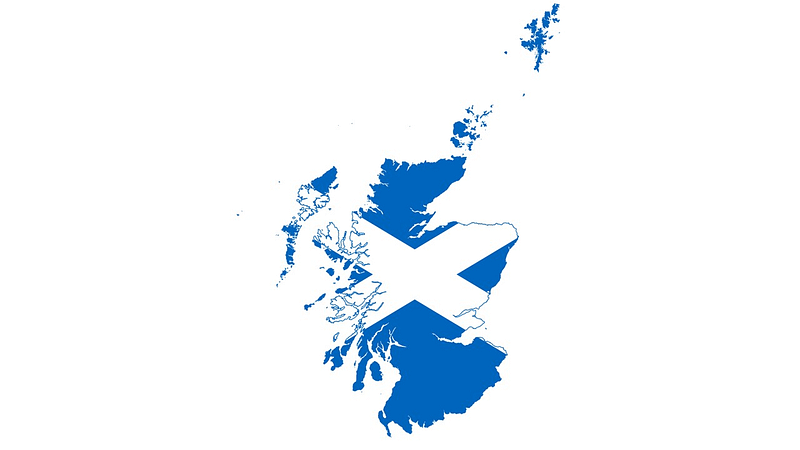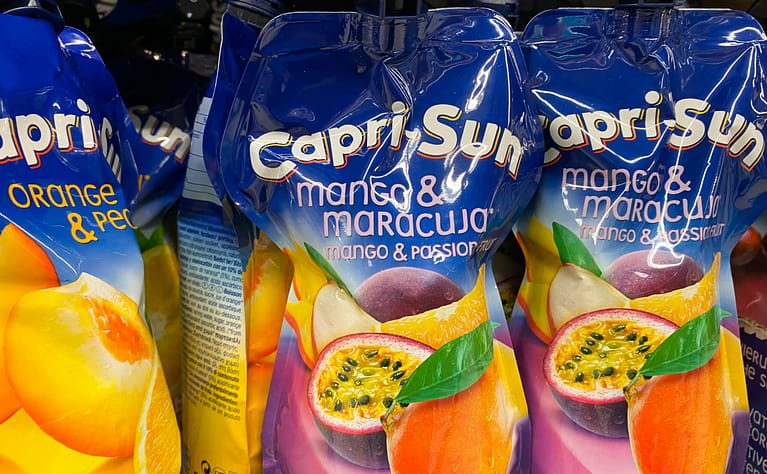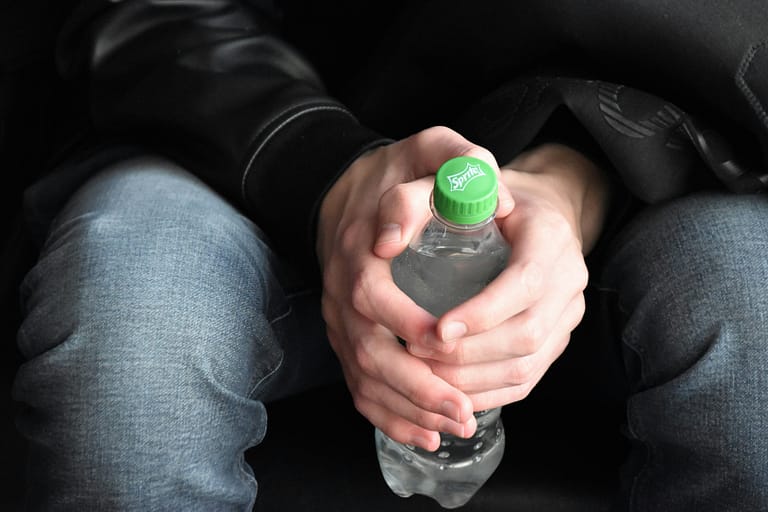Image source: Fry1989
Deposits for beverage packaging on the rise: Scotland to start in 2023
Thomas Reiner | 19.08.2022
Anyone producing, importing, buying or selling beverages in Scotland will have to deal with a newly introduced deposit system from August 2023. By establishing deposits for beverage packaging, the country aims to reduce its waste by a third and cut climate emissions by 160,000 tons of CO2eq. Deposits are trending. By 2030, all countries will be moving toward reusable or deposit systems. This is due to non-closed-loop systems, which are spurring activity among regulators. In addition, economic and social factors are coming to the fore – because waste is not only an environmental and climate problem, but also a major cost factor.
The Scottish deposit scheme for beverage cans and bottles will apply from August 16, 2023, from which date all producers and importers of beverages in Scotland, regardless of size, will be responsible for collecting their packaging.
The deposit system was developed with the involvement of Zero Waste Scotland. The NGO had been commissioned by the government to identify design options and the associated costs, advantages and disadvantages, and to explore how the deposit system could best work in the country.
Current situation and targets
Currently, Scotland recycles about half of the beverage containers distributed in the country. The new deposit system is expected to capture 90 percent of all cans and bottles in the system by 2025 – making billions of beverage containers available for recycling each year.
Climate protection: With the deposit system, the country wants to significantly reduce its waste and thus make an active contribution to climate protection. An average of 160,000 tons of CO2eq is expected to be saved, which corresponds to around 109,000 round-trip flights from Edinburgh to New York.
Cost factor: Financial factors also play a weighty argument in favor of introducing the deposit system. According to official figures, the wider impact of litter costs the Scottish economy and society £361 million (around €427 million) a year.
The Scottish deposit system in detail
- Consumers pay a deposit of 20 pence (about 24 cents) when they buy a drink in a disposable container. They get the deposit back when they return the empty bottle or can to a store or snack bar, or have it collected by an online retailer.
- The new scheme applies to disposable PET, aluminum, steel and glass containers from 50 milliliters up to and including three liters.
- Tens of thousands of drop-off points are forecast across Scotland. They are to receive a handling fee to cover all the costs of running the drop-off point.
Consequences for businesses
- Who will be affected: the deposit scheme will result in new legal obligations relating to the sale, collection and recycling of beverage containers.
- Businesses across the beverage industry will be affected – including manufacturers, retailers, wholesalers and caterers.
- Whoever manufactures, imports, buys or sells beverages in Scotland will have to comply with the new deposit return system.
- Responsibilities:
- Beverage manufacturers must register with the system and are responsible for all containers in which their products are supplied. Accountability also includes managing collections for recycling.
- Retailers, wholesalers, and foodservice operators must ensure that their beverages sold in the state come from a registered producer. They are required to collect deposits on each beverage container. Where applicable, they may also have to operate a return point or offer a take-back service.
Deposit on the rise worldwide
Deposit return systems already exist in at least 45 countries and territories around the world. By 2030, we will see approaches or already established returnable or deposit systems in all countries.
Deposit and reusable are not a fashion. It is a clear and strong trend that will remain as long as the cycles are not closed.
Until then, the pressure from regulators will also remain. Because it’s not just about climate and the environment – it’s also about the financial costs associated with waste.




